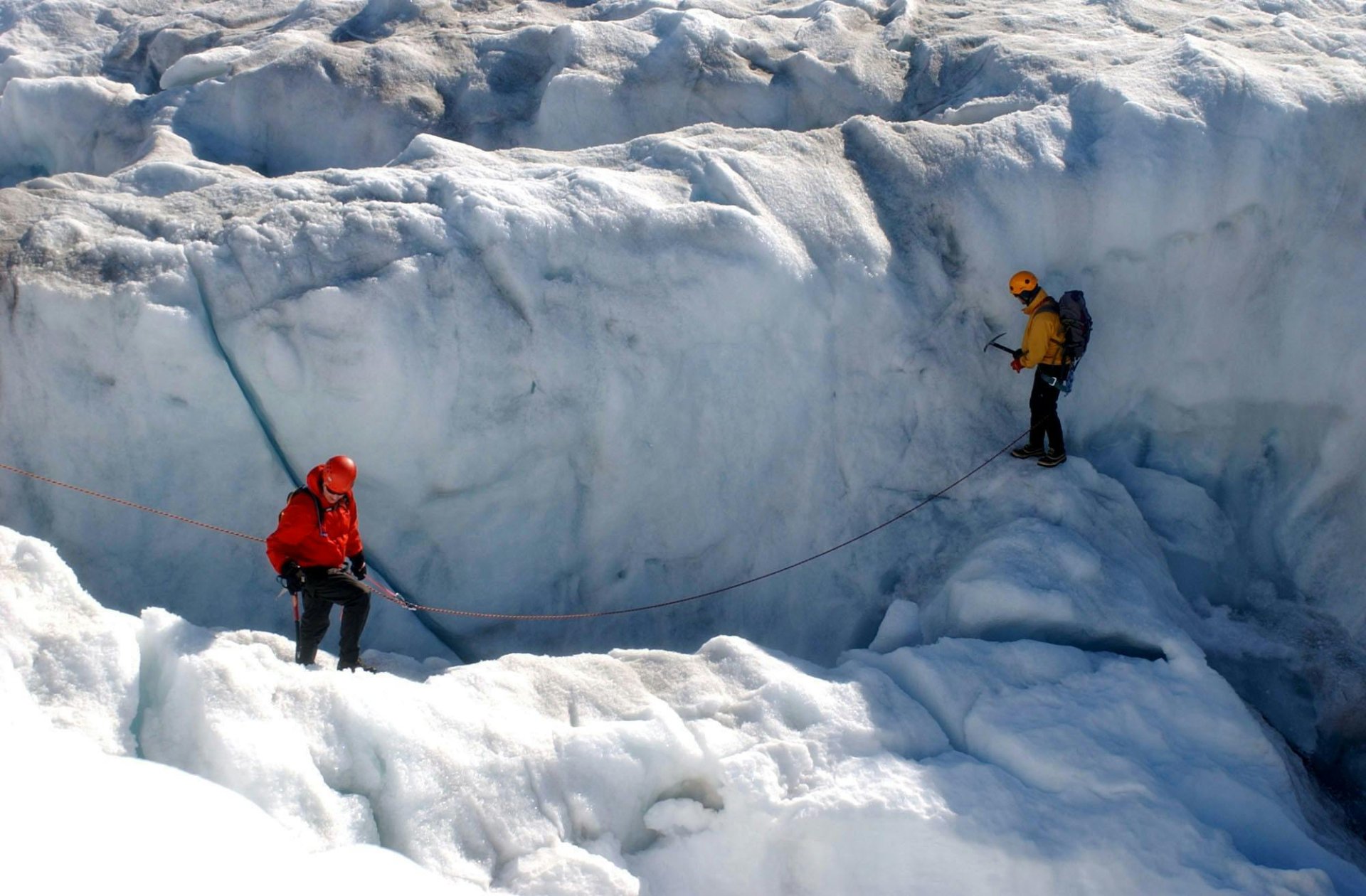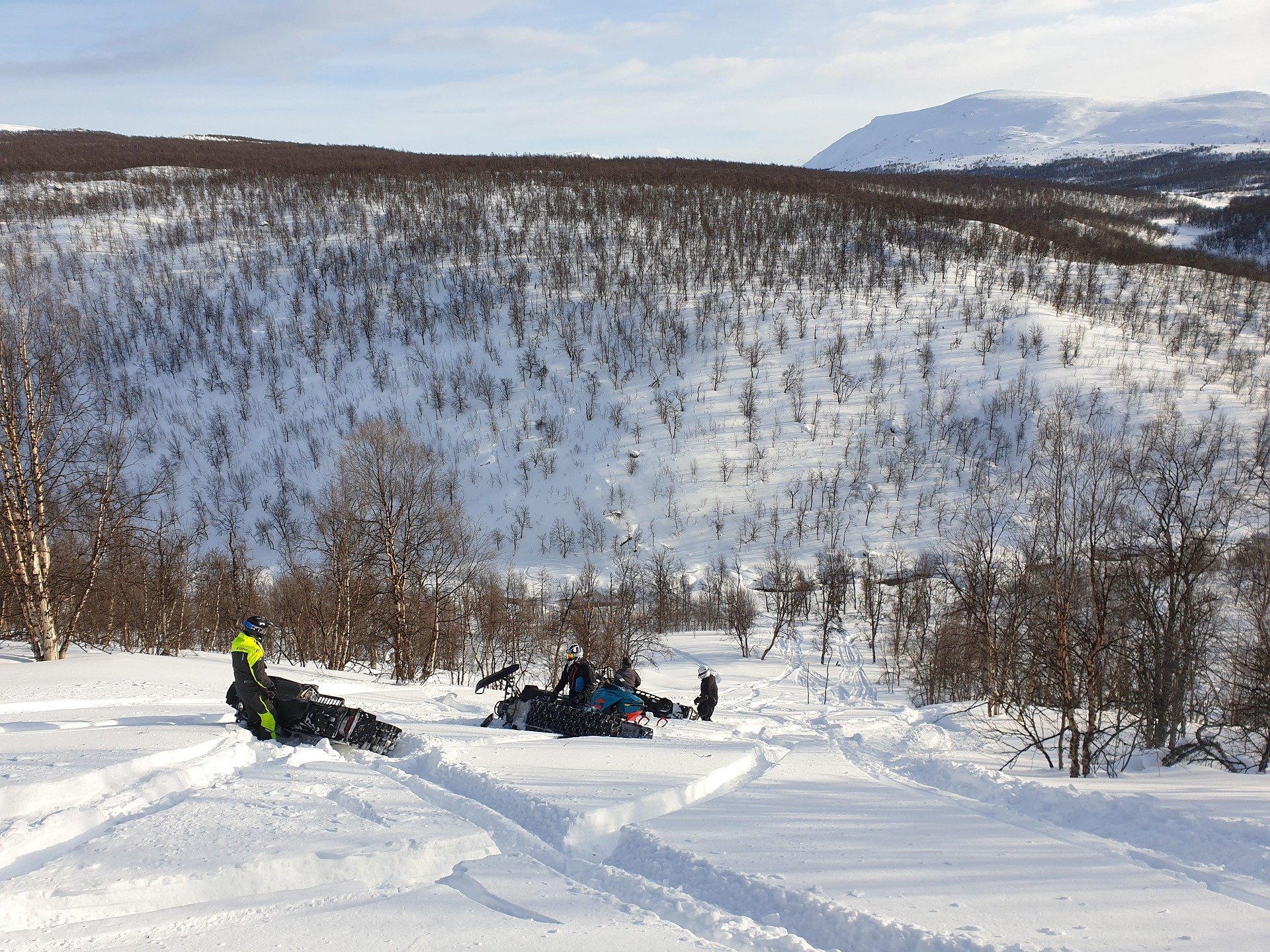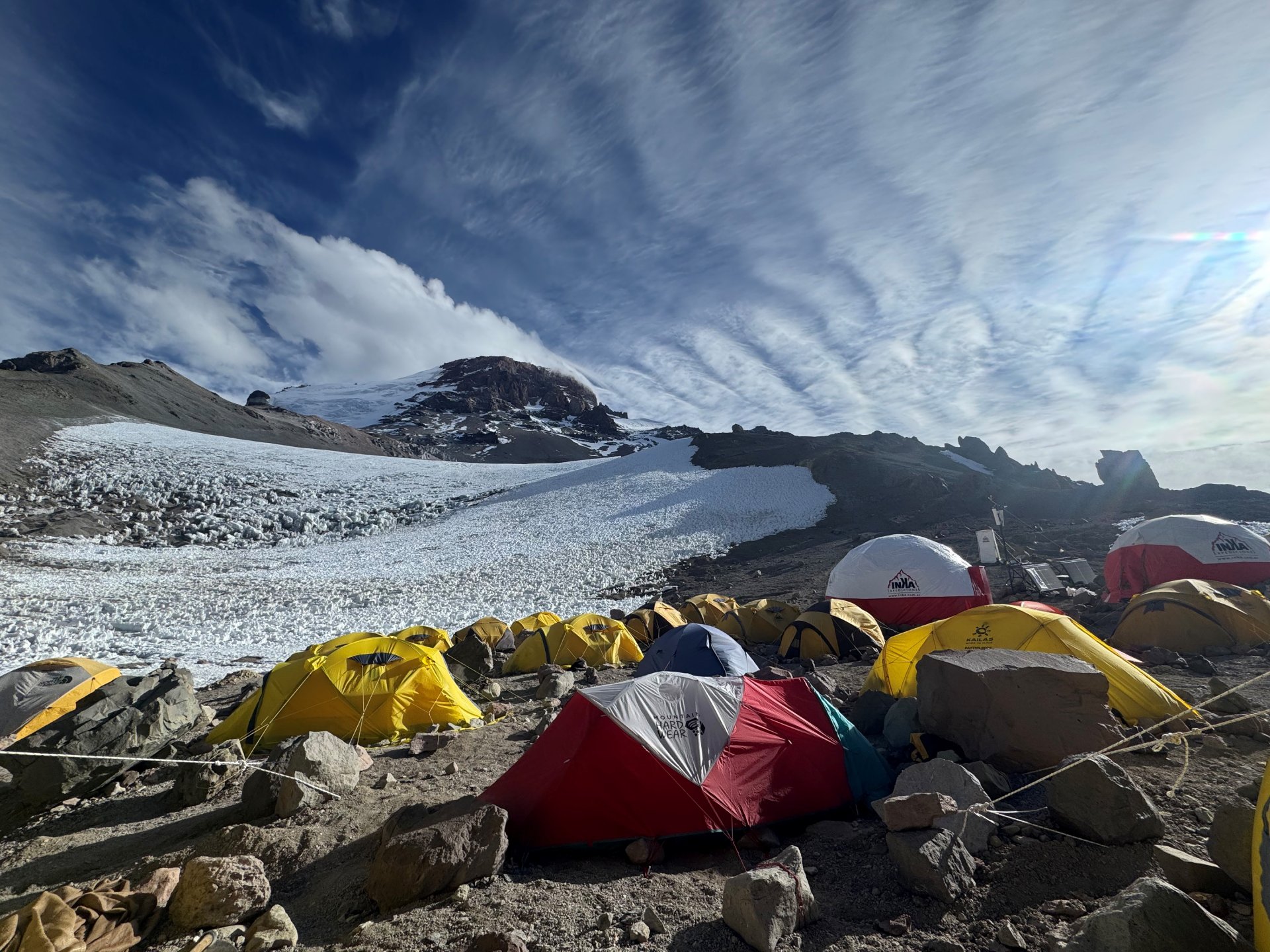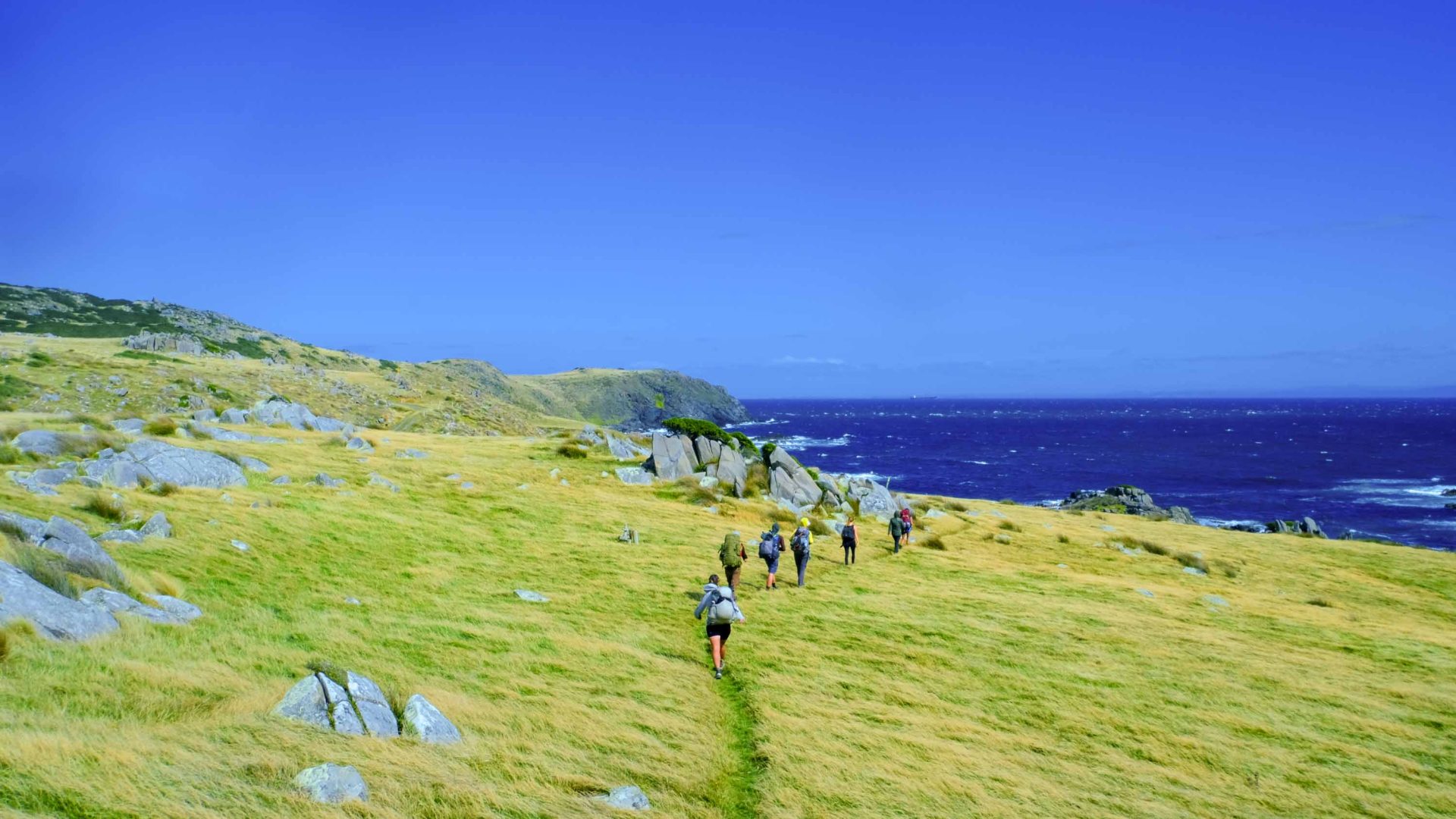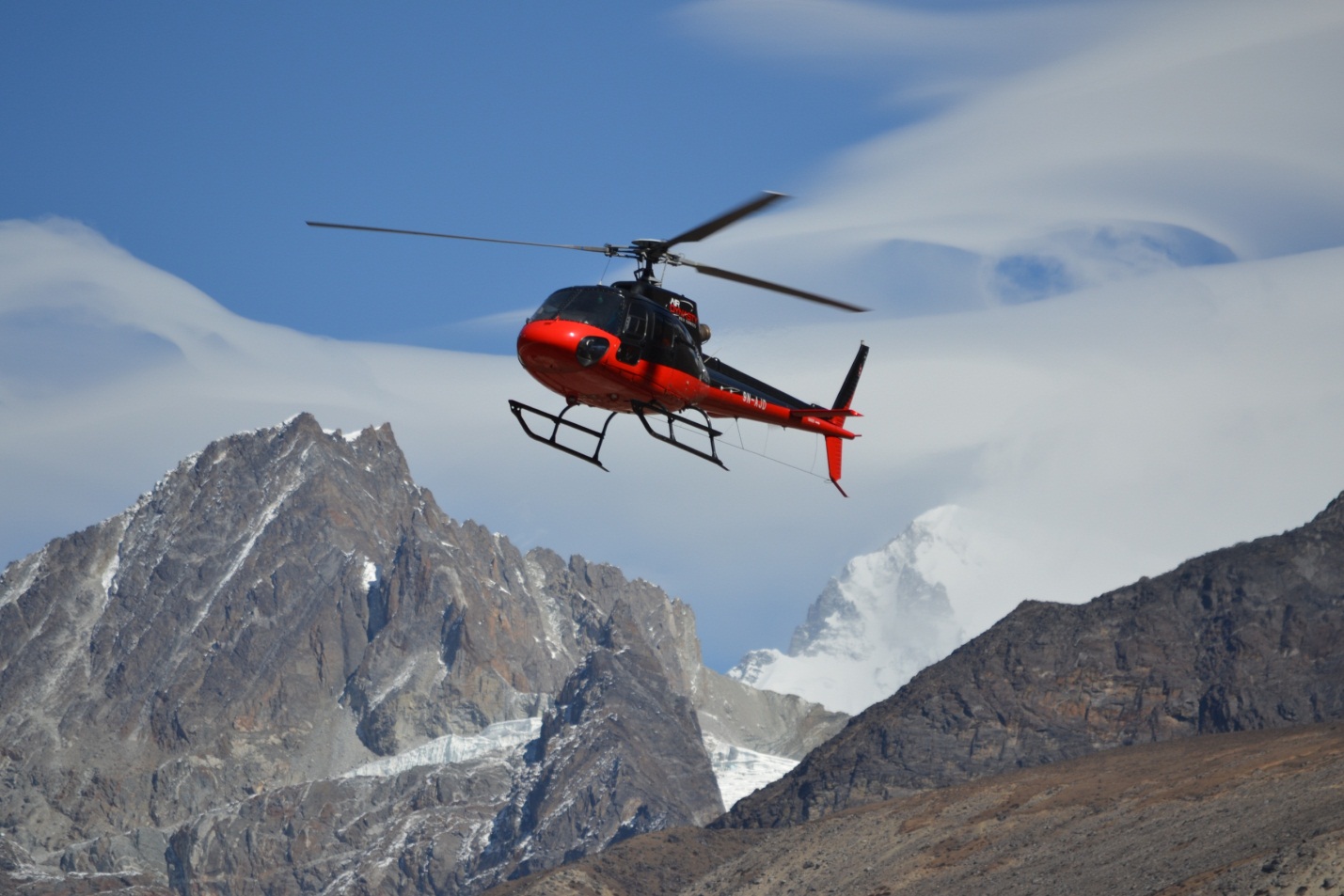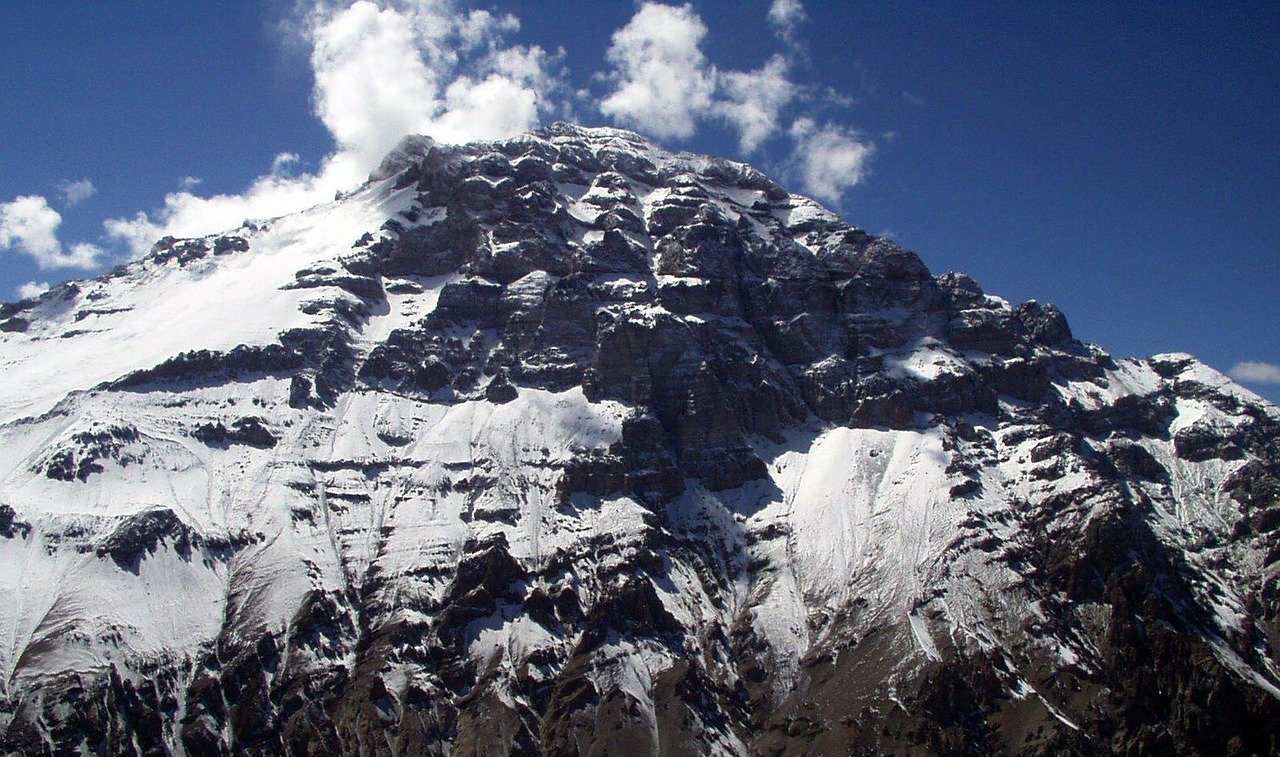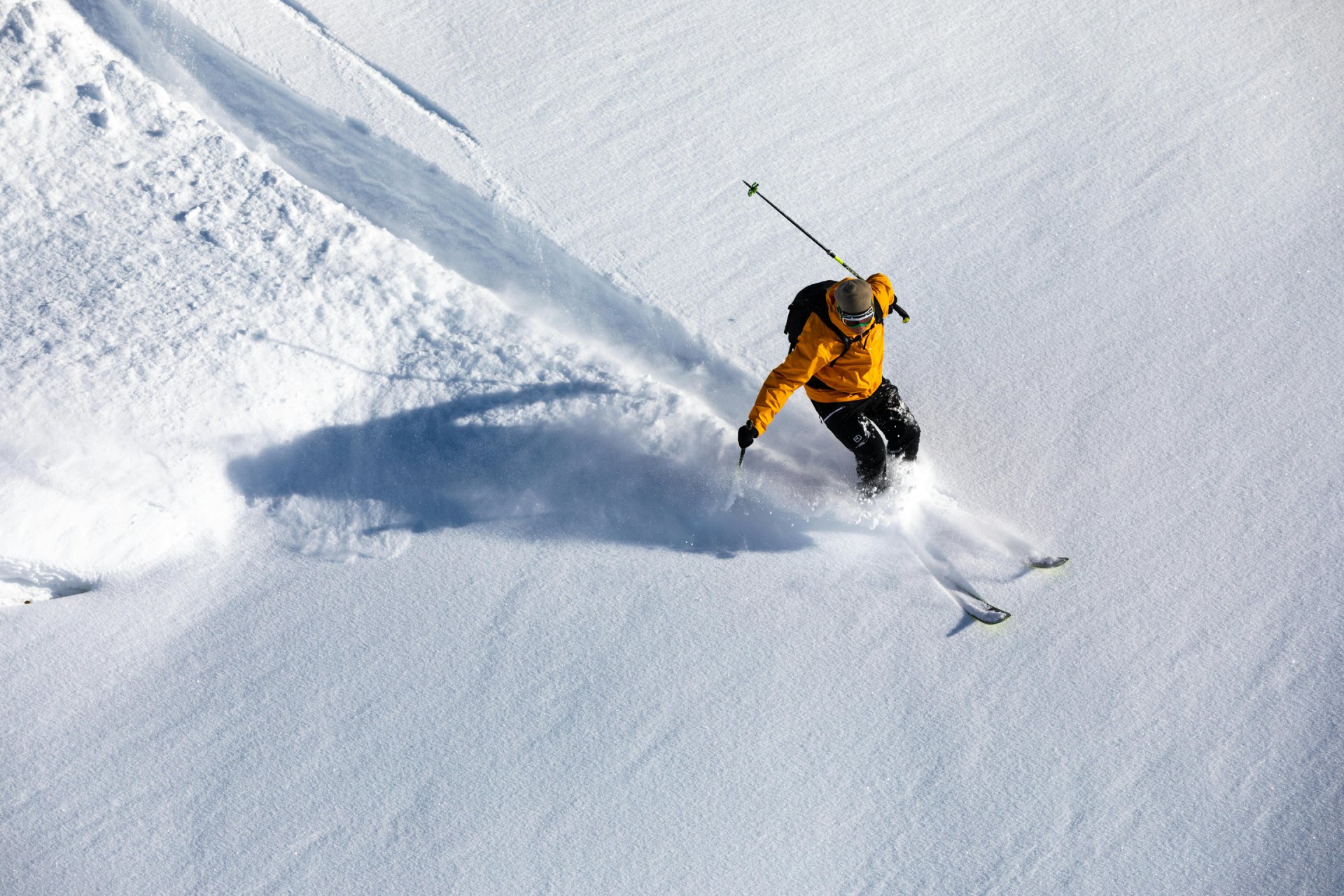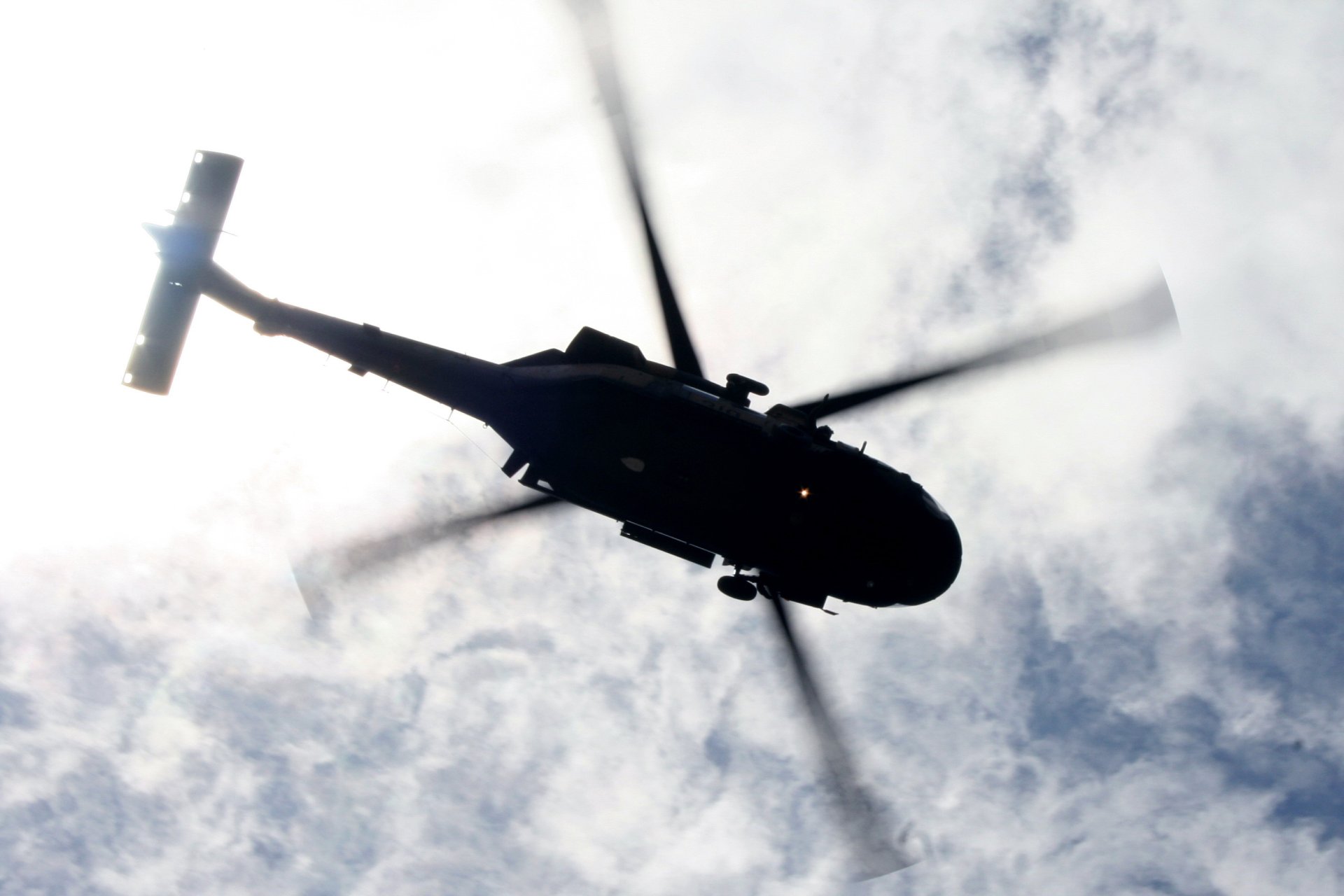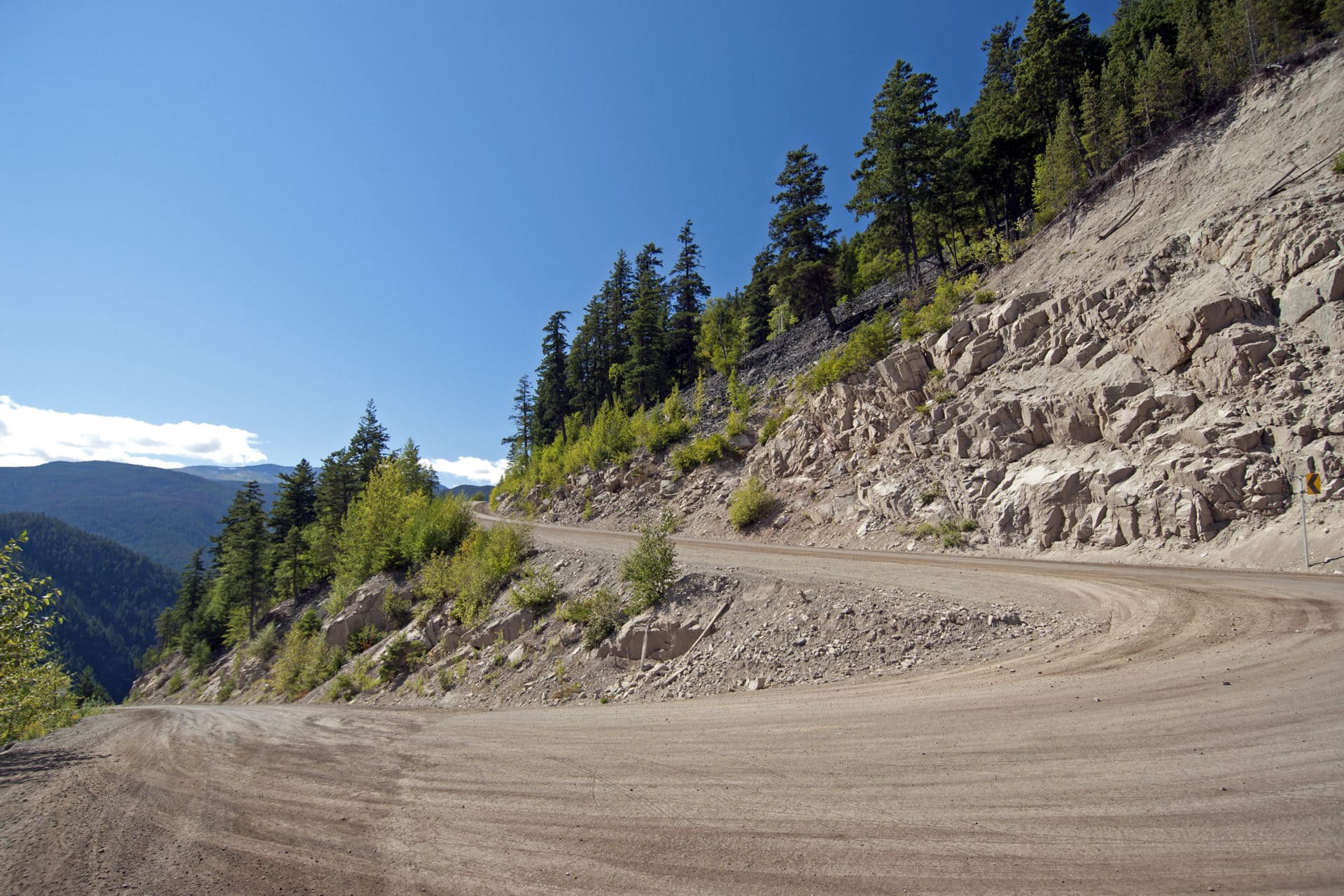Article Highlights:
- Global Rescue has conducted successful emergency medical evacuations from high-altitude locations like K2 and Mount Kilimanjaro, addressing altitude sickness and severe injuries.
- Recent operations include medical rescues for injured skiers in Chile and a motorcyclist in Tajikistan, showcasing Global Rescue’s quick response and support in remote regions.
- As adventure travel surges, Global Rescue continues to ensure member safety worldwide with its comprehensive medical and evacuation services.
Interest in international travel continues to surge among North American adventurers. Today’s travelers are embracing bold journeys, increasingly drawn to untouched, less frequented, and remote destinations that may involve some risk. “We anticipate strong growth in adventure travel, luxury trips, and activity-focused experiences,” said Dan Richards, CEO of Global Rescue Companies.
In Issue 50 of Mission Briefs, recent case studies illustrate Global Rescue’s unsurpassed ability to provide emergency medical support in challenging, remote environments. This edition includes significant operations including evacuations from high-altitude areas like K2 and Mount Kilimanjaro, where travelers faced severe altitude sickness, frostbite and physical injuries. Other cases involved urgent medical transport for injured skiers in Chile and a motorcyclist in Tajikistan.
These operations highlight Global Rescue’s quick response capabilities and commitment to ensuring member safety, regardless of the situation. For the past 20 years, Global Rescue has effectively met the needs of travelers both at home and abroad without interruption.
On average, Global Rescue carries out hundreds of operations each month across various countries, addressing a wide range of emergencies its members face worldwide. Below are key highlights from some of our recent operations in different locations.
Surviving a Fall into a Crevasse on K2
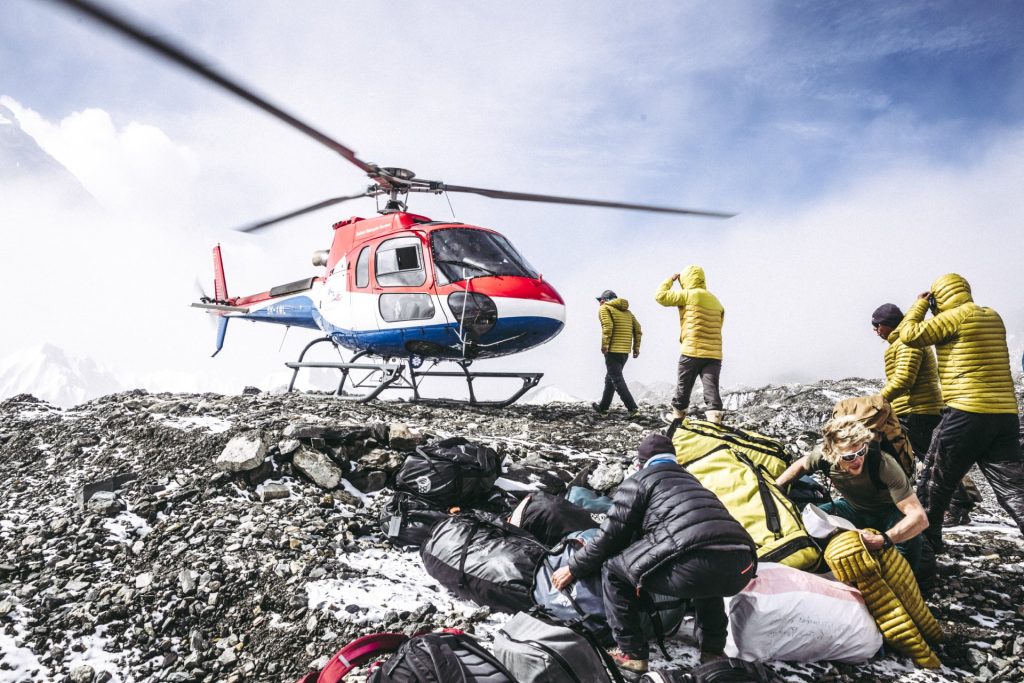
A member from the UAE needed field rescue while trekking Broad Peak Mountain in Pakistan after having trouble walking following a fall into a crevasse. She contacted Global Rescue, and the medical operations team advised her to descend to base camp, the highest elevation allowable for a helicopter transport. Despite suffering additional symptoms including shortness of breath, a cough, generalized weakness and diarrhea, she was able to descend off Broad Peak and undertake a short hike to the K2 base camp where she was transported by helicopter to a hospital and treated for frostbite on her nose and large toes in addition to left knee trauma from her fall. She was admitted for two nights before recovering sufficiently and being discharged.
Santiago Chile Skiing Accident
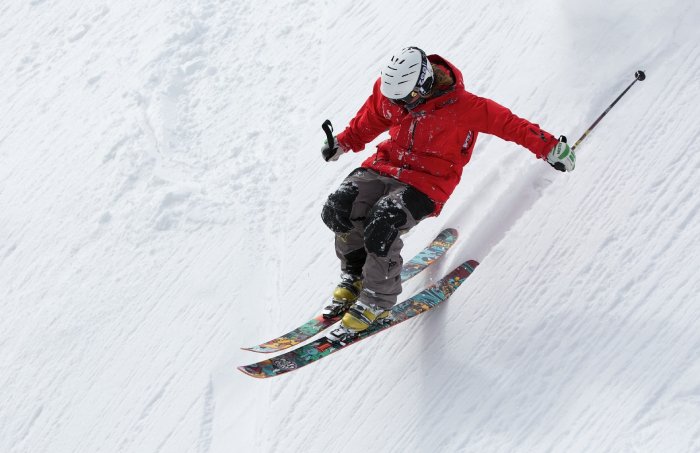
A U.S. member needed a medical evacuation from Chile after injuring his knee while skiing in Farellones, Chile. He was evaluated at a hospital in Santiago where X-ray results showed an ACL rupture as well as broken bones and cartilage damage. He was deemed fit to fly provided he had first-class seating for proper extremity extension. Global Rescue medical operations personnel was contacted and agreed with the recommendation, provided his first-class seating and added that the member should seek an orthopedic follow-up upon arrival at his home. Wheelchair and luggage assistance was also coordinated as well as English-speaking staff to help him until he reached his flight gate. The member reported an uneventful flight and confirmed his orthopedic appointment for further treatment of his injury.
Motorcycle Accident in Tajikistan
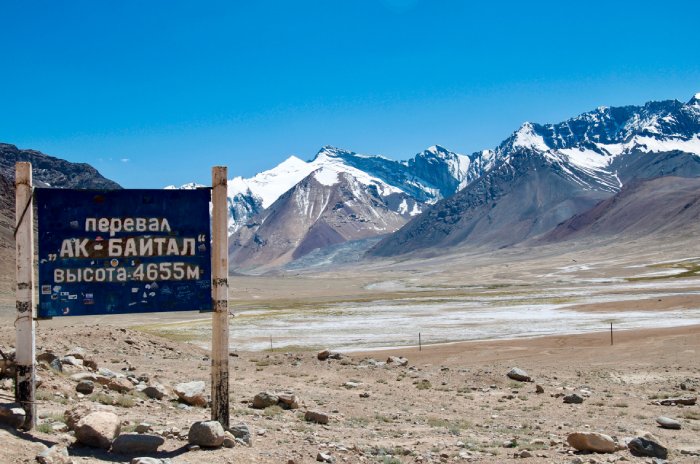
An Australian member needed medical evacuation from Dushanbe, Tajikistan, following a motorcycle accident. He was evaluated by an orthopedic doctor at a local clinic who recommended surgery after confirming several broken ankle bones sustained in the accident. Global Rescue medical operations endorsed a seat upgrade for his commercial transport home for surgery. Global Rescue physicians further advised the need for anticoagulation therapy and pain medication for him during the flight. Fitted with a cast and using crutches for mobility support, the member was safely transported to his hometown in Syndney and then to his hospital of choice for further treatment.
Breathless on the Mountain of Greatness
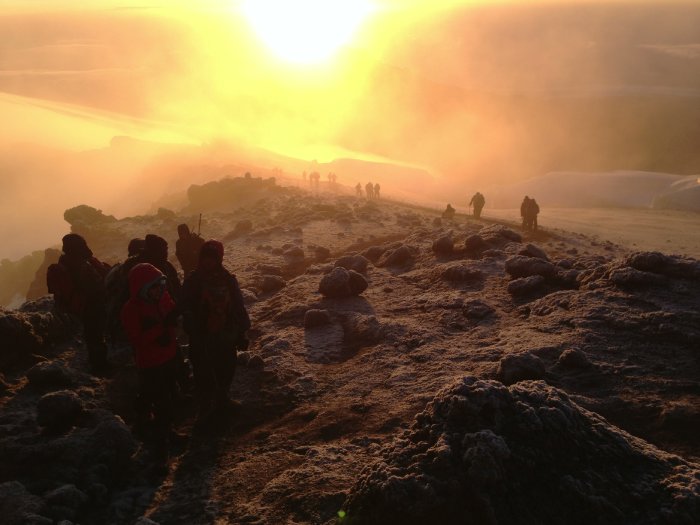
A 45-year-old U.S. member needed field rescue from Mount Kilimanjaro, Tanzania, after suffering respiratory issues, including wheezing, shortness of breath, dizziness, and chest tightness. Her symptoms correlated with HAPE. To alleviate her condition, she was given Nifedipine, and Paracetamol and received oxygen at a nearby camp. Despite the medications, her condition worsened and her HAPE symptoms progressed. She contacted Global Rescue and, upon reviewing her condition, an airborne transport to a hospital was arranged. She was transported successfully, and she received treatment before being discharged with oral medications.
Snowboarding Accident in Chile
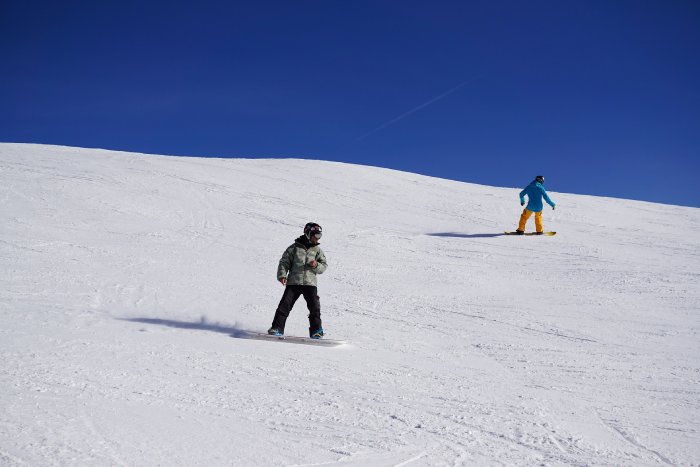
A 27-year-old U.S. member needed a medical evacuation from Chile to Chicago after injuring his left hand during a snowboarding accident in El Colorado. He received a consultation at a local clinic and was diagnosed with a fractured index finger on his left hand. He contacted Global Rescue medical operations personnel and concurred with local treating physicians to return to the U.S. for further consultation and treatment of his injury. Due to the need for further evaluation and possible surgery, Global Rescue operations arranged his transfer home, including ground and air transport. The member arrived home successfully and went to the hospital for his surgery.
Dangerous Facial Swelling at High Altitude
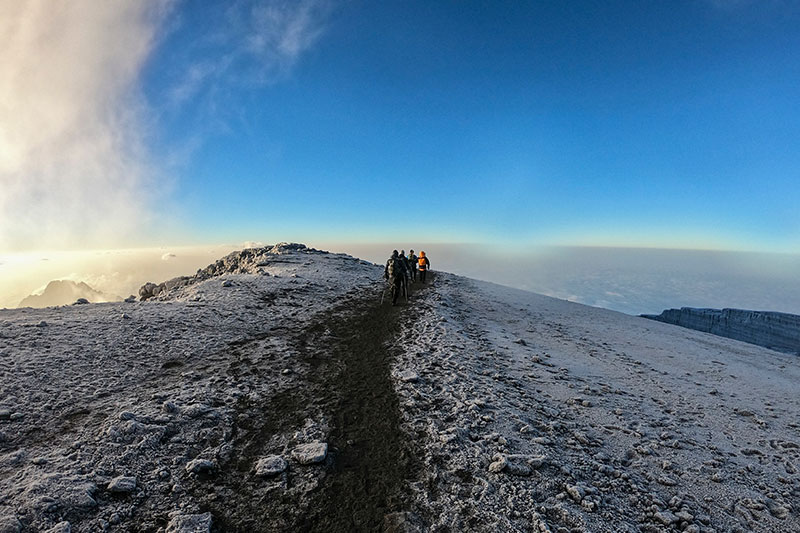
A 64-year-old U.S. member of the American Alpine Club needed field rescue from Shira Camp 2 on Mount Kilimanjaro, Tanzania contacted Global Rescue medical operations to report swelling and tightness in his lips, cheeks and face. A friend and internist suggested that he could be experiencing adverse reactions to Lisinopril, a medication used to treat high blood pressure and heart failure, or there could be a clot causing the swelling. We initiated an immediate airborne evacuation due to the member’s condition. He was safely airlifted from the mountain to a hospital in Moshi. At the hospital emergency department, the member was evaluated and tested before being discharged after receiving a cortisone injection and Loratadine, a medicine used to treat allergies.
Severe Altitude Sickness on K2
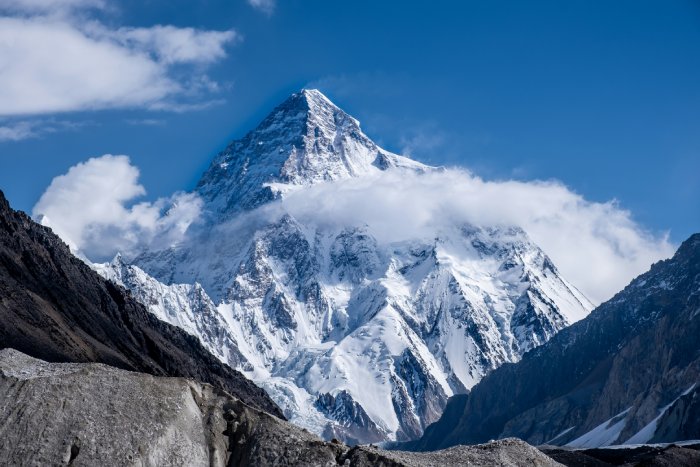
A Canadian member required field rescue from K2 in Pakistan after she began suffering from high-altitude sickness. One of the expedition guides contacted Global Rescue and said the member’s symptoms included headache, weakness, decreased appetite, and diarrhea over the past several days. Her condition worsened to the point where she required assistance with basic tasks and struggled to maintain her balance. Despite taking Diamox, her symptoms – shortness of breath, dry cough and constant shivering – did not improve. A doctor in the expedition group suggested further evaluation, possibly considering a bacterial infection. Global Rescue physicians reviewed the initial information and recommended helicopter evacuation to a lower elevation for medical assessment. The member was successfully transported to a hospital in Skardu for evaluation and treatment. Her condition improved after receiving appropriate treatment, and she was subsequently discharged.
From Medevac to Medical Advisory, Call Global Rescue
Do you need emergency help during a trip? A medical evacuation? Travel information, event alerts, or trip planning information? Your Global Rescue membership provides services for emergency field rescue from the point of illness or injury, medical advisory, traveler assistance, destination reports, event alerts, and medical evacuation transport home and (for applicable memberships) virtual healthcare access and security services. Contact Global Rescue at +1 (617) 459-4200 or ops@globalrescue.com or operations@globalrescue.com

